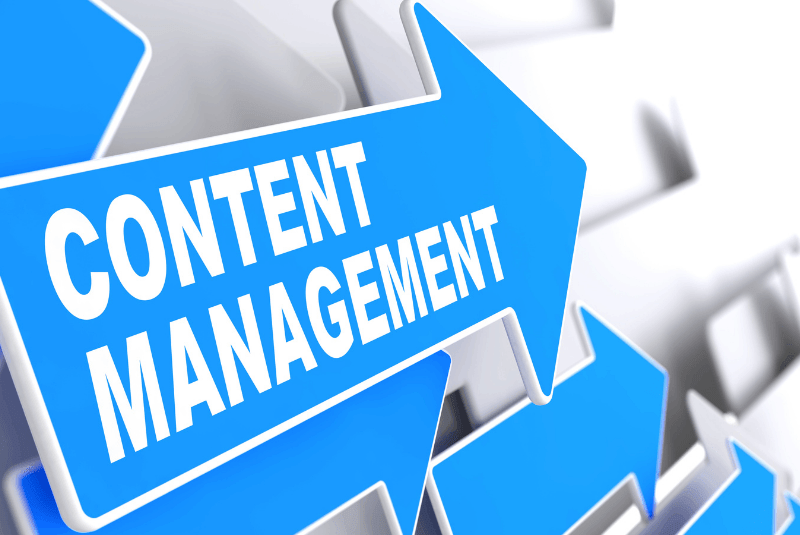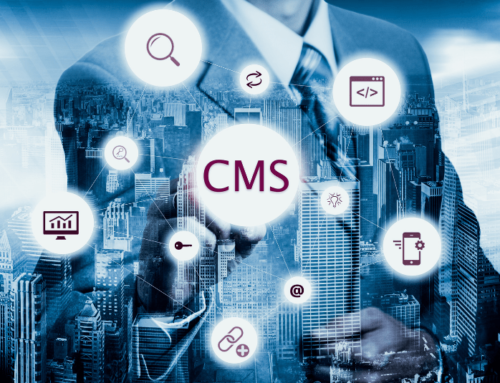Choosing the right Enterprise Content Management for your business can be a difficult task, but it becomes very much easier when you know what to look out for. There are many things that should be taken into consideration before choosing an ECM, such as whether it will streamline current operations and enhance document security while also reducing costs.
In this blog post I shall give a list of considerations one needs to take into account before selecting an ECM.
What is ECM?
The early definition of ECM was strategies, methods and tools. ECMs have the ability to capture, manage, store, preserve and deliver content related to organizational processes like capturing all documents associated with a process.
However, in 2017 AIIM changed the name of ECM to Intelligent Information Management (IIM).
ECM or a collaboration content management system is an umbrella term that includes document management, web content management, search collaboration, records management and more.
With a single central storage for data, ECM improves workflows by enabling different staff members to access documents from differing locations. This facilitates better communications between teams and offices.
Things to avoid when choosing an ECM solution
You have some decisions to make in order to select the best ECM solution for your organization.
Here are the top 10 important factors to consider before selecting an ECM.
1. Alignment with business objectives
Making an informed decision about what ECM you are going to use in your company can help it achieve its maximum potential.
- What does the management and rest of the company expect from your ECM?
- What will it do to the current workflow and process?
Look for an ECM that offers features which enhance the current operations.
2. Ease of use
It is important to find a software or platform that can be used across the company which makes it easy for all the employees to use.
- Does the solution make your tasks easy?
- How much training will your employees need in order to use the Enterprise Content Management (ECM)?
The staff should be able to use the ECM easily.
3. Ease of integration with existing system and applications
Enrolling in the right ECM software can be extremely difficult for organizations. It is important to consider your budget constraints, operating preferences, and current IT infrastructure.
- There are many different ECMs on the market that work differently and offer differing levels of integration with other systems and applications.
- How much configuration is required to ensure it will be compatible with the existing system?
What are the time investments each team member must make in order to manage an ECM integration?
It is important to not waste too much time on making the ECM work within your current network. Choose an ECM that requires little or no programming as that will provide enough and a wide range of compatibility across the system and applications.
4. Scalability
A small business with few employees should choose an ECM that’s much more comfortable, at least for their current size situation.
- Is the ECM flexible for an organization’s work as it expands?
- Can the ECM scale with staff growth to meet new demands?
Can you add on features at a later date that will help comply with future regulations?
To make an informed decision, you should compare how different ECMs fare in a variety of areas like security and cost.
5. Cloud readiness
Having a cloud-based storage system will give you unlimited scalability, accessibility and security.
- How is the ECM designed with cloud technology?
- How is the solution secured?
When deciding on an enterprise content management solution for your business, a cloud-based system will provide easy access to a secure private or public cloud. However, before opting for the cloud-based system you should consider security features and protocols.
6. Mobility
The default is gradually shifting to laptops, phones, and tablets to access documents. A successful ECM should be able to keep up with the devices of all users.
- Consider your staff’s ability to access information from many different devices and in many locations.
- Is your staff able to upload and edit documents while on the go?
Ensuring you’re using the right ECM for your business is a crucial step.
7. Automation and digitization
One of the main features an ECM is to capture, process and store paper documents into digital format.
- Automate files to reduce human error
- Ensure documents are clear and accurate
- Increase your productivity by utilizing easy access to any needed information
This will reduce the amount of physical office space.
8. Security
You need to ensure that the enterprise content management solution you choose is secure.
When looking for an enterprise content management system, make sure to look for ones that can grant the following:
- Enterprise content management systems should offer access permissions and revisions at various levels.
- The ECM should allow regular automated backups.
- Monitor how your users work with documents.
- The most important feature that ECM’s offer is total visibility and control.
In the event of a data breach, it’s important to ask for measures and procedures in place to limit potential damage.
9. Compliance
The regulations for the digital age require organizations to be in compliance with legal requirements. Having an ECM solution that is flexible enough to meet your organization’s records and document security requirements can help you achieve this goal.
10. Provide experience and support
Before choosing an ECM provider, it’s imperative to research the background and experience of that provider. Consider the expertise and track record of different ECM providers as you will be working closely with them on a daily basis; like a partner in your company.
- The ECM provider should focus solely on document management and offer solutions that fill the company’s needs.
- The vendor should provide training and ongoing support for use.
When choosing an ECM to purchase, it is important to take into consideration the services that will be implemented before and during installation. A training program for staff at all levels of technical ability should also be offered.
Conclusion
If you’re looking for an document scanning and retrieval software for your business, be aware of your organization’s needs. Then, sort through all suitable options and choose the best one. If you have any type of queries or questions or doubts, don’t hesitate to post in the comment section below!




